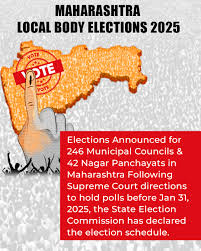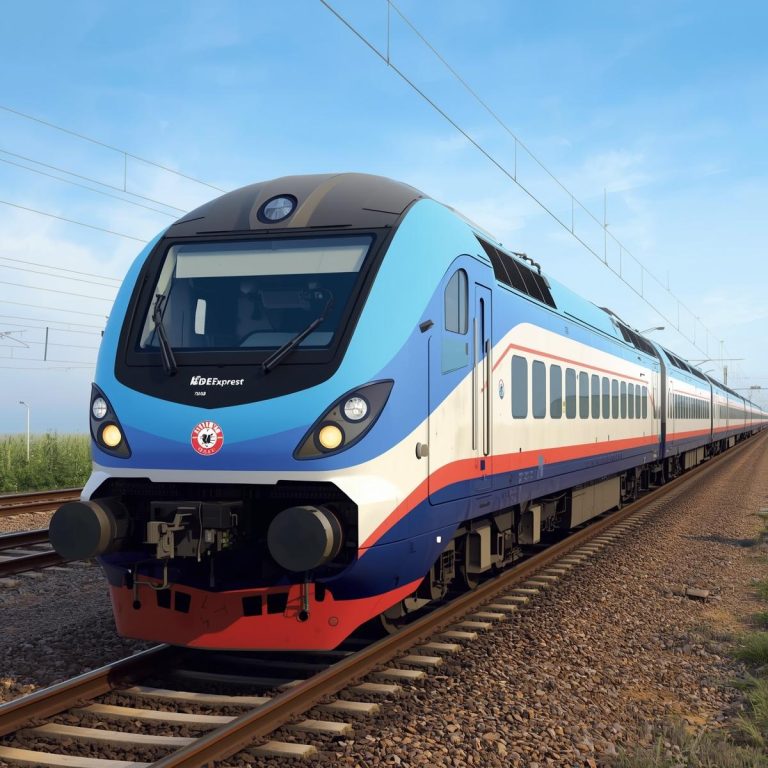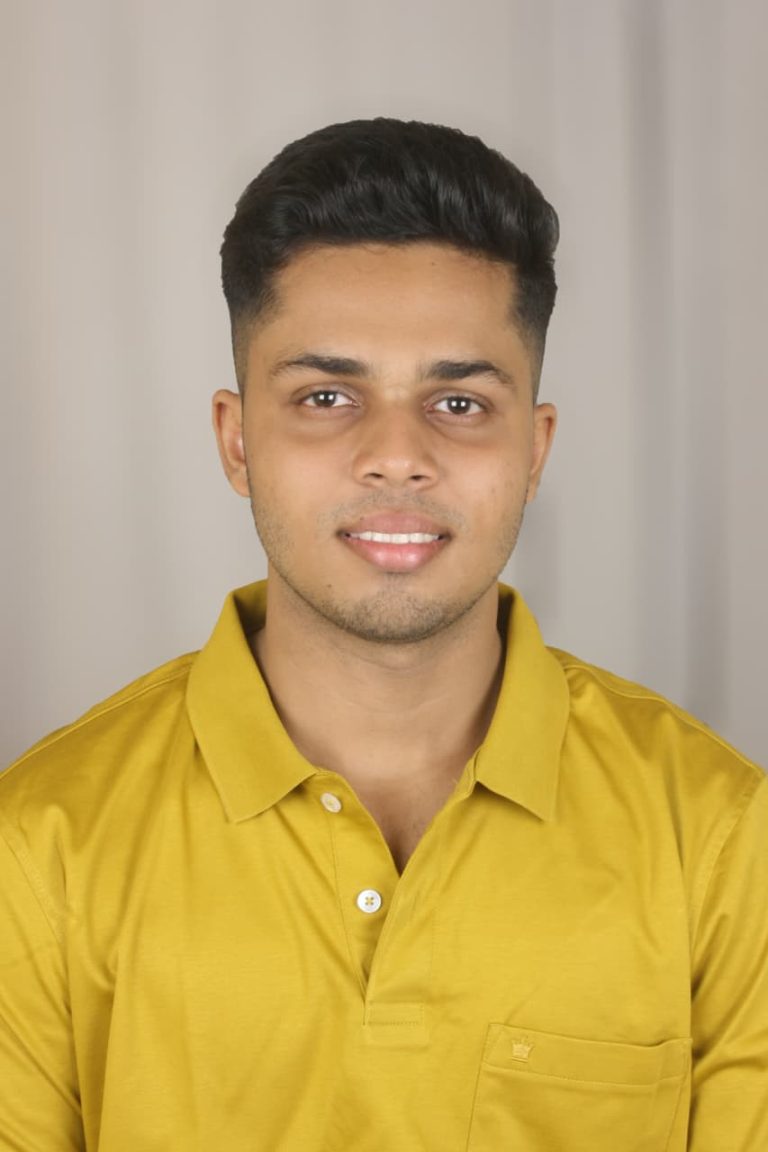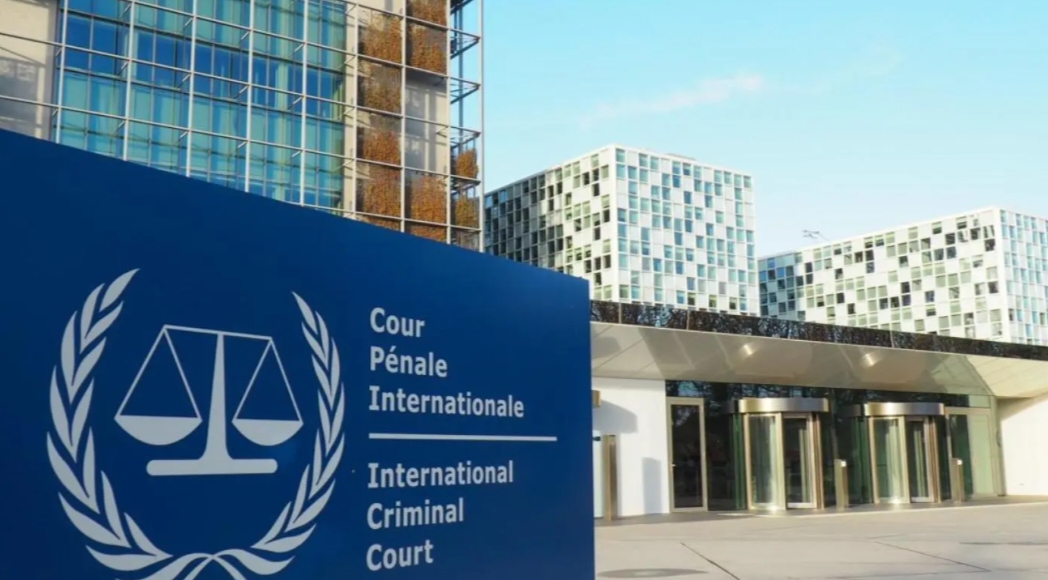
The international Criminal Court issued an arrest warrant against Russian president Vladimir Putin on 17th March. The warrant is for charges of war crimes committed during the Russian invasion of Ukraine since 24th February 2022. The ICC alleges that Putin allegedly committed the war crime of forcibly removing and moving kids from occupied Ukraine to the Russian Federation.
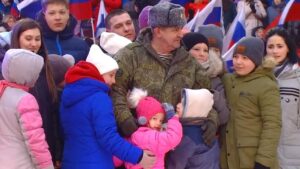
Putin now faces the possibility of being detained whenever he travels as a result of this action. This action will further deepen his isolation and restrict his travel abroad, in addition to the Western sanctions already in place. In addition, if he visits a state party to the ICC, that nation is obligated to detain him in accordance with international law.
The ICC’s decision to issue an arrest warrant against Putin has been met with mixed reactions. While some countries have applauded the move, others have criticized it as politically motivated. Russia has already announced that it will not recognize the warrant and has accused the ICC of being biased against Russia.

Zelensky has applauded this move of ICC by calling it “Historic Moment”, as this is the first time ICC has issued an arrest warrant against the president of the country which is one of the five permanent members of the United Nations.
However, just hours after ICC issued an arrest warrant against Vladimir Putin, he visited Crimea. Putin visited Crimea on the ninth anniversary of the peninsula’s annexation from Ukraine. This bold move by Putin points out that he doesn’t care about the warrant issued against him.
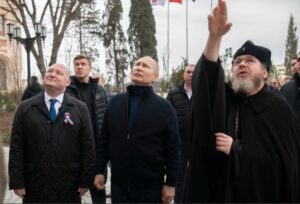
This is not the first time that the ICC has issued an arrest warrant against a sitting head of state. In 2009, the court issued a warrant for the arrest of Sudanese President Omar al-Bashir for charges of genocide and war crimes in Darfur. However, al-Bashir was never arrested, and the warrant remains outstanding. It remains to be seen whether Putin will face similar challenges in being brought to justice.
